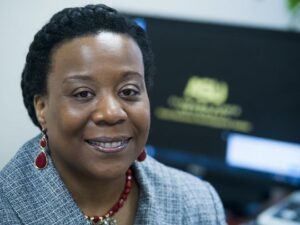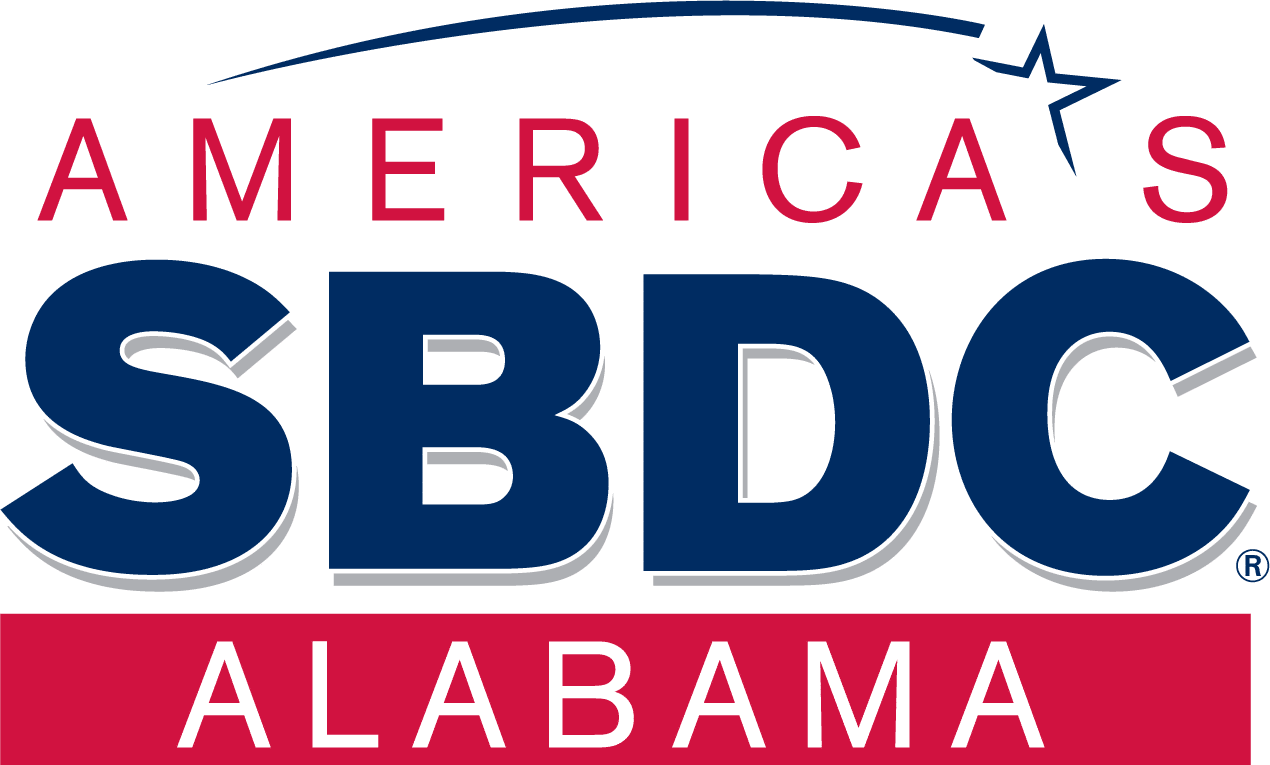Andrea Mosley Returns to Alabama State University
 Mosely named as Director of the Alabama SBDC at Alabama State University.
Mosely named as Director of the Alabama SBDC at Alabama State University.
By the time Andrea Mosley started as a temp in 2010, Lorenza Patrick had already spent decades building partnerships and helping entrepreneurs as the director of Alabama State University’s Small Business Development Center.
Patrick died unexpectedly in May 2015, leaving a sprawling legacy – and some big shoes to fill. Mosley stepped into those shoes late last year, when she was named the center’s new director.
On Tuesday, the center will hold one of its first workshops under her direction, bringing in representatives from the Alabama Department of Revenue to help business owners sort out tax issues. They’re doing it in partnership with the Montgomery Area Chamber of Commerce’s Small Business Resource Center, a partnership that Patrick helped establish 20 years ago.
Much of the SBDC’s work is focused on one-on-one counseling for new business owners and people who have a startup idea – from helping them write a business plan to helping them identify their customers. Mosley said entrepreneurs need to get a few answers about their potential business before they dive in.
“How much is this going to cost you?” Mosley said. “And what are going to be the financial requirements to make sure the business can continue to operate?”
Mosley recently talked to the Montgomery Advertiser about her new role and what to expect from the center in the years ahead.
What kind of opportunities do you see in this role?
Hopefully, I’m able to continue the legacy that’s already built with this center. We’ve served so many. Throughout the year we serve about 400 to 500 people who walk through our door, and we train about 1,200. So we want to keep that up. I want to see more relationships, such as with the service community – like the chambers of commerce. We serve five counties, and we haven’t been able to get into those counties as much as we want to. So I’m hoping the growth level for us will be not just the Montgomery area but that we’re able to get into Prattville and (other areas). We’re just trying to grow a little bit more and let the folks out there know what we do. I’ve been out meeting with some of the chambers of commerce and trying to develop the relationships a little bit more. Once a month we’re going to be at the chambers of commerce and sitting down with their clients or (residents) who want to come in and meet with us one-on-one.
Mr. Patrick was here for a long time and knew a lot of people personally. Will it be harder to maintain that kind of one-on-one, personal service if the center expands its reach?
I think we have some good relationships still with those folks. They’re still coming back through the door and give us a lot of good referrals. We’re trying to bring more staff on, because we’ve been short-staffed for the last four years. Hopefully, we’ll be able to hire a new counselor within the next few months. That’ll open up the door for us a little bit more and allow us to be able to serve the other counties a little bit better. And I’ve worked with a lot of business consultants and brought them to the table. They can catch our overflow for us. That’s been very helpful for us because they come in areas of expertise. We have consultants that do QuickBooks training. We have ones that do product-to-market, because in the rural areas people are making all of this great stuff but how do they scale up from local markets to a store?
So, do you see the center being able to help more people in the years ahead?
Those numbers are never going to stop growing. We’re co-sponsored by the (Small Business Administration.) So when people call the 1-800 number for the SBA, it rolls over the SBDCs in the regions that we serve. The SBA provides what we call “the three Cs” – capital, contracting and counseling. They don’t do the direct counseling. Their resource partners do the counseling. Those phone calls come in, and its an overflow. It’s a lot.
I’m sure you’ve heard every kind of problem and situation.
Oh, yes. Economic ups and downs push people out there and make them say, ‘I’m ready to start my business.’ We hear a lot of good ideas and some really bad ideas. Some are just so far-fetched. How do you (pull) them back? Some of them have really good ideas, but they want this million-dollar business right now. We try to pull them back in and say, ‘Let’s scale this down for a moment. Kick this off. Get this started.’ Then, there are the financial problems with these big ideas. We teach them how to bootstrap – which means you go beg and borrow some money from your family members. (Laughs) It’s not that you can’t start your business. It’s that you can scale it down, bootstrap it, and then grow the business.
